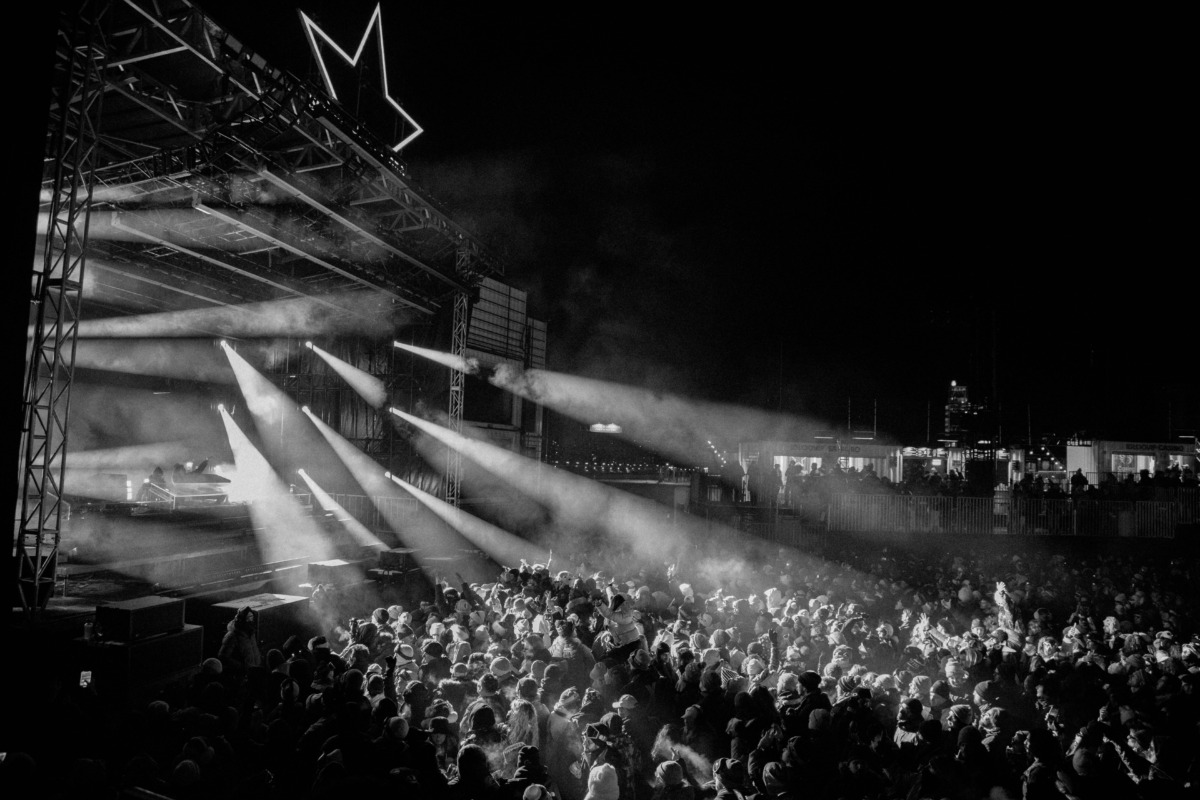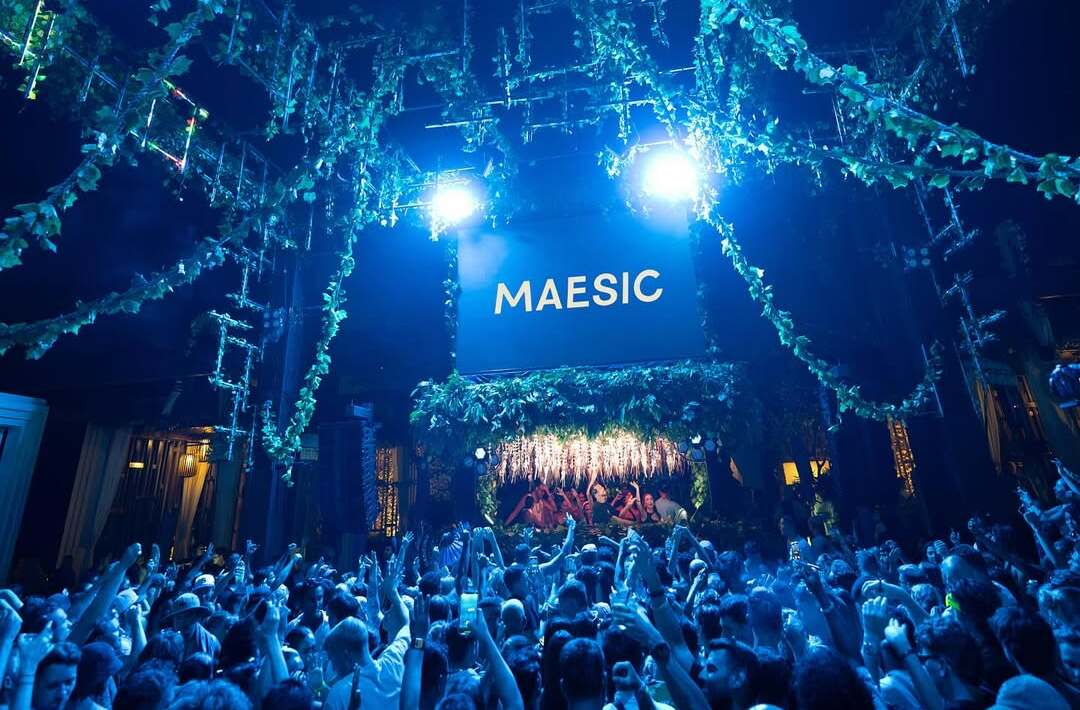Mars Red creator Bun-O Fujisawa is a director who specializes in English and French theater, and it shows. Almost every episode contains a play within a play, a reference to mythology and folklore or a quote from an intriguing piece of literature that's deeply connected to the anime's own themes: forbidden love, unchecked militarism, and the damage discrimination causes to society at large.
Some are a bit heavy-handed, like all those Romeo and Juliet references. Others are so subtle that they may have flown over the most erudite of viewers, like Takeuchi's similarity to a Daruma doll or the blink-and-you-miss-it callback to Hayao Miyazaki's The Wind Rises. Here are all the cultural Easter Eggs hidden in the Mars Red anime.
Salomé By Oscar Wilde in Mars Red
Oscar Wilde's Salomé is one of the most referenced plays in Mars Red, always in relation to Maeda and Misaki's subplot. Salomé is a lush adaptation of the Biblical story about a princess who danced so seductively that she was able to claim the head of the holy prophet Jokanaan as her reward. Wilde's adaptation was much darker than the source, and also full of meta-analysis of classic feminine symbols that are also linked to vampires, like the moon, blood and flowers.
In Mars Red, Misaki -- General Nakajima's daughter and Maeda's fiancée -- stars as Salomé and dies twice (once as a woman, once as a vampire) playing the role. Maeda's visions of happiness and sunlight while he's lost in his vampiric delirium also involve Misaki playing Salomé, rehearsing just for him. Salomé's role is later reprised by Defrott, making the series villain, Rufus Glenn, literally lose his head.
William Shakespeare in Mars Red
In Mars Red, William Shakespeare's Romeo and Juliet is the play released immediately after Misaki's death, replacing Wilde's Salomé at the Imperial Theater. This play is linked to the secondary couple of the show, Aoi and Shutaro, with Defrott even referring to them as "Romeo and Juliet" in Episode 11: a pair of star-crossed lovers separated first by war and then by vampirism. These parallels are addressed and reversed until the end. Aoi almost dies after being stabbed, which is how Romeo died in the play. Shutaro asks Aoi to give him a drop of her blood; drinking human blood will turn him into a full vampire, effectively killing his humanity -- just like Juliet drank the poison that put her into a deep slumber and eventually led to the lover's death. Unlike Shakespeare's tragedy, both Aoi and Shutaro survive -- but they are separated forever.
Hamlet also makes an appearance in Episode 7. Defrott is observing Rufus Glenn's triple crossing from a vantage point while he recites the Horatio monologue.
Finally, Shakespeare's As You Like It closes Mars Red's finale. These last lines, also recited by Defrott, are a reflection on the role of vampires, eternal creatures, versus fleeting humans.
Japanese Culture in Mars Red
Right off the bat Mars Red analyzes vampires in a manner closer to Japanese yokai, fairy-like creatures, than the classic Western archetype of a bloodsucker.
Suwa, the oldest vampire of Code Zero, even wears a stylized Kitsune (mythological white fox) mask. Takeuchi draws a parallel between losing his eye in a lab accident and being rewarded with immortality with the good luck ritual of the Daruma doll, tied to the concept of enlightenment and full vision. The recipient of the doll fills in one eye upon setting the goal, then the other upon fulfilling it.
Episode 2 of Mars Red brings in the high culture with its own version of Okaru & Kanpei's story from the classic kabuki The 47 Ronin. In the play, the virtuous samurai Kanpei is distracted from his duties by Okaru's charms, just like Maeda considers that Misaki's vampiric form distracted him from his duties towards his men -- and the reason why he actually destroys the vampire couple of Episode 2. Mars Red is highly critical of this cliché of casting the woman as the temptress, presenting the men -- particularly Maeda and Nakajima -- as enforcers of an oppressive system that ultimately harms everyone.
Reddit user u/EternalWisdomSleeps tracked down all the Japanese literature references of Episode 3: Chikamatsu Monzaemon's The Love Suicides at Sonezaki (a play about a boy who falls in love with a prostitute, much like what happens to Suwa) and two of Ryoukan's poems about forbidden love reinforce the central theme of the anime.
Finally, there's a reference to the Siberia Cake, a Taisho-era dessert that was also prominently featured in Studio Ghibli's The Wind Rises, which takes place in the same period and also depicts the destructive rise of militarism against the seemingly open Japan of the roaring '20s.
Mythology in Mars Red
Takeuchi addresses himself as Odin, the Nordic god without an eye who was linked to wisdom, knowledge and healing -- as well as death.
Defrott also appears rehearsing a theatrical version of The Soldier and the Death in Episode 7. This is a Russian folk tale about a soldier who was able to trap Death into a bag, until one day Death escaped and cursed him with eternal life. He would roam the world and battle forever -- just like Nakajima wanted to turn young men into immortal, unstoppable soldiers who could fight endlessly.
In Episode 9, Aoi convinces Defrott to perform Orpheus and Eurydice, a Greek myth about a young musician who went into the underworld to bring his beloved back from the dead -- and ultimately failed. The villain of Mars Red actually stages Aoi's kidnapping so that it mirrors the play, aiming to destroy not only Defrott but also Shutaro, Aoi's childhood sweetheart.
Finally, Episode 12 is titled after the King of Fools European tradition featured in Victor Hugo's Notre Dame de Paris (and Disney's The Hunchback of Notre Dame), where a clearly incompetent person was picked to rule the city for a day -- just like Rufus Glenn grabs power for a very brief period and then swiftly loses it, being the erratic fool he is.
Modern Western Culture in Mars Red
Early in Mars Red, the Imperial Theater takes a break from plays to show John Ford's Wagon Master, a Western about a group of Mormons trying to reach the safety of the San Juan valley. Likewise, Takeuchi would lead a group of persecuted vampires to a safe place -- in a train wagon.
Aoi and her editor have a brand new copy of Bram Stoker's Dracula in their tiny press room, which appears in the scene where they realize vampires actually exist.
Rufus Glenn, the Scottish villain, keeps singing "Oh, Danny Boy" on an increasingly deranged scale through his villainous break-out. "Oh, Danny Boy" was written in 1913 and set to a melody from 1700 -- the lyrics talk about departures, death, and the dream of better days to come, and is very popular at funerals.
One of Mars Red's strangest choices is Defrott's recitation of William Blake's A Little Girl Lost, a poem about the idyllic sexual awakening of a young woman and her lover in contradiction with her father's domestic expectations for her -- while Maeda and Shutaro Kurusu battle to the death. The poem's theeme works in the context of the overall series, but not for that particular scene.
About The Author

